Black & Bilingual #AroundTheWorld - Poland
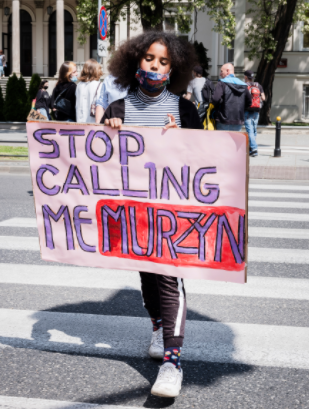
Poland is a country located in Central Europe. Its capital is Warsaw and is estimated that 38 million people live there. Around 5,000 to 10,000 of these people are Black.

History

The first time Poland was recognized as a unitary and territorial entity was around the 10th century. Since then Poland has suffered from many invasions from different countries.
At the end of World War I, Poland had its independence back after a series of military conflicts. Its independence was lost when the Nazi invasion and the Soviet invasion happened in World War II.
Even occupied, Poland had an important role in World War II. They had the 4th contribution of tropes, that served both the Polish Government (in the west) and the Soviet (in the east). Poland was also a great provider of intelligence, their codebreakers were responsible for cracking the Enigma cipher.
** DISCLAIMER: It is important to note that Black & Bilingual does not support Poland's role in the establishment and maintenance of colonization and white supremacy. This post was created to give a background of Poland and the Afro-Poles people that call the nation their home **
Afro-Polish people

After World War II, the Soviet government supported the anti-colonial movements in Africa. This made many Africans migrate to Europe to study, mostly between the 1950s and the 1980s.
Poland is one of the most homogeneous ethnic countries in the world, around 97% of its population is white. This, combined with the recent right-wing government, creates an environment that can be unwelcoming to Black people.
The migration became stronger when Poland entered the European Union in 2004, yet most of the Black people migration happens due to academic reasons. This means Black people who choose to stay there contribute to the economy once they start working.
Being Black and living in Poland can have two very different sides. Some people will treat black people well and even make you feel like a celebrity, while others will be hostile.
Many Polish people have never seen Black people before, so they can be curious and ask for pictures (or take them without asking), which garners a lot of attention.
It’s very common to for Black Poles to face the prejudice of being seen as a “race” rather than a person, and to have their experiences shaped by negative stereotypes.
Many Black Poles can say that they have already faced a situation where they were called “monkeys” or that people act as if they shouldn’t be in Poland. Some people tell them not to sit near them on the bus, whether there’s an extra seat or not.
After George Floyd’s death, many campaigns to talk about racism were created and to make people understand that’s something that also happens in Poland.

One of these campaigns is the #dontcallmemurzyn, this campaign asked young Black women to share their experiences with racism in Poland. Murzyn is a pejorative word used to refer to Black people. They say it’s not as offensive as the N* word for Americans, but for Black Poles the word is equivalent to that.
On the other hand, there have been marches happening in favor of a “white” and “pure” Poland. These are mainly caused by the politicization of the immigration issue. This has been used as a ploy by politicians from all fronts.
Black people in Poland are striving to gain visibility so they get more respect. In the 2011 Census, for the first time, there was a question about nationality or ethnicity. However, there was no option to choose “Black”.
Many people who suffer racism -- even the violent one -- feel that they wouldn’t get the needed support if looking for help, that’s the reason why many racially-charged incidents go unreported.
Afro-Polish people are responding to this by seeking more representation in the community. Either by creating Non-profit organizations and engaging in Polish Politics. They also challenge the misrepresentation by interacting with Polish citizens to teach them that Black people aren’t different from them.
August Agboola Browne

Known as the only Black man in the resistance during World War II, he was born Nigerian but chose Poland to be his home.
There isn’t much information about him or about how he got to Poland. But we know that he had a great career as a jazz percussionist, playing at restaurants in Warsaw. Then, he started his work for the resistance by distributing underground newspapers, trading electronic equipment, and sheltering refugees from the ghetto.
He participated in the Warsaw Uprising, which took place on August 1st, they attacked the Germans and even gained control of much of the city. But the Germans called for reinforcements, which ended up surrounding them on October 2nd. This episode left 200,000 civilians and 16,000 fighters dead.
We don’t know exactly how Browne did to survive this episode and being black during the Nazi occupation in Poland. His daughter, Tatiana, says that he had such a charismatic personality and his energy drew people towards him and made people like him.
His history emerged in 2009 when patriotism and xenophobia were raising in Poland. Politicians were interested in it and started talking about making him a national hero.
The co-founder and then president of the conservative Law and Justice Party wanted to honor him on the occasion of the 65th anniversary of the Warsaw Uprising. But he died in a plane crash in 2010 and the plan died with him.
Bowne’s contribution to Poland’s story is remembered by a small stone monument in Warsaw and a monument that was built by a non-profit organization, the Freedom and Peace Movement Foundation.
His story is now remembered by both conservatives and progressives as a symbol of Poland.




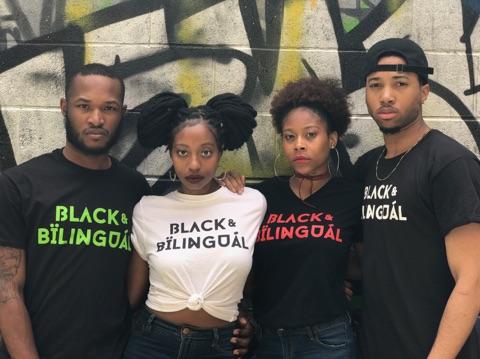
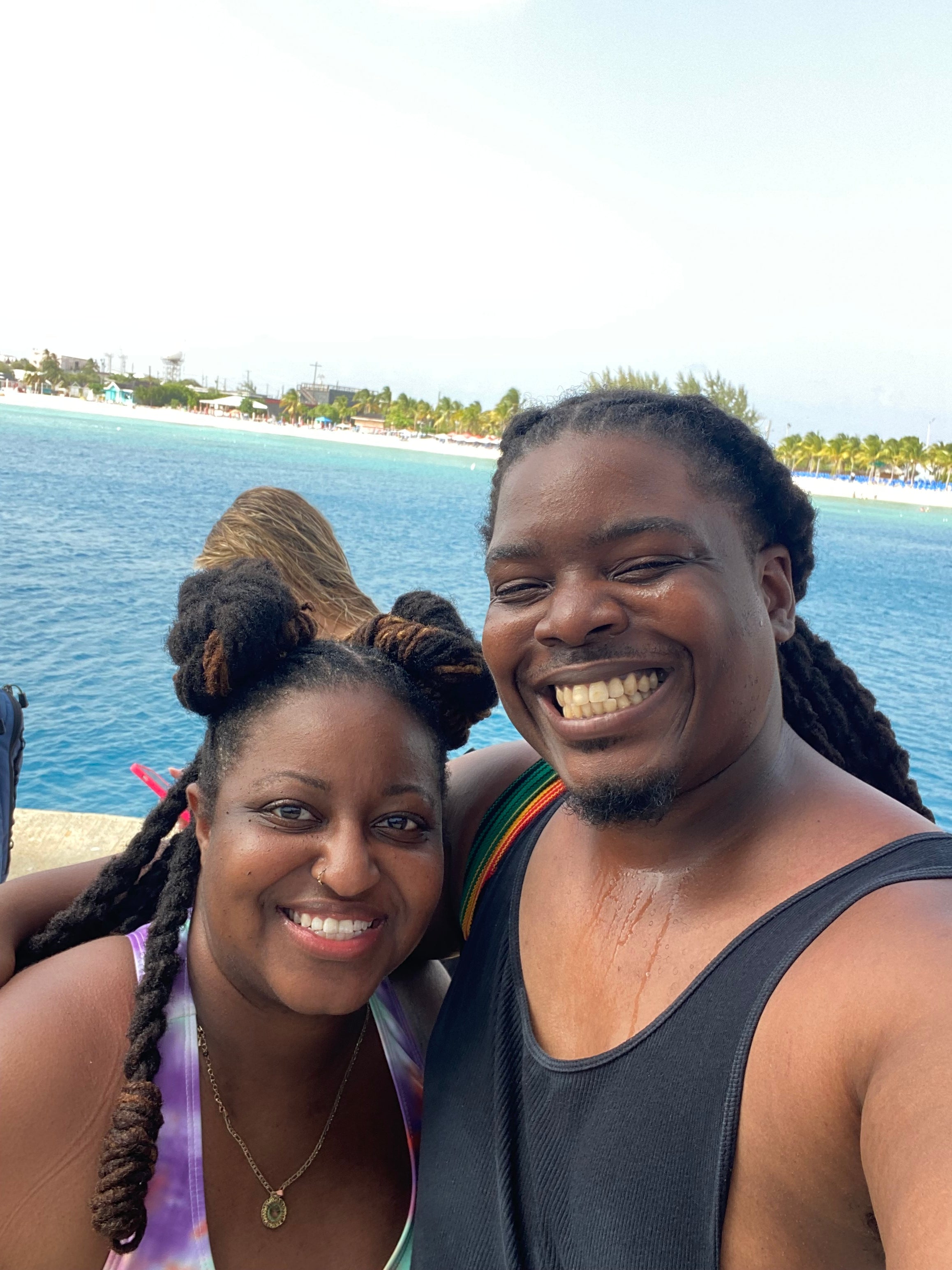
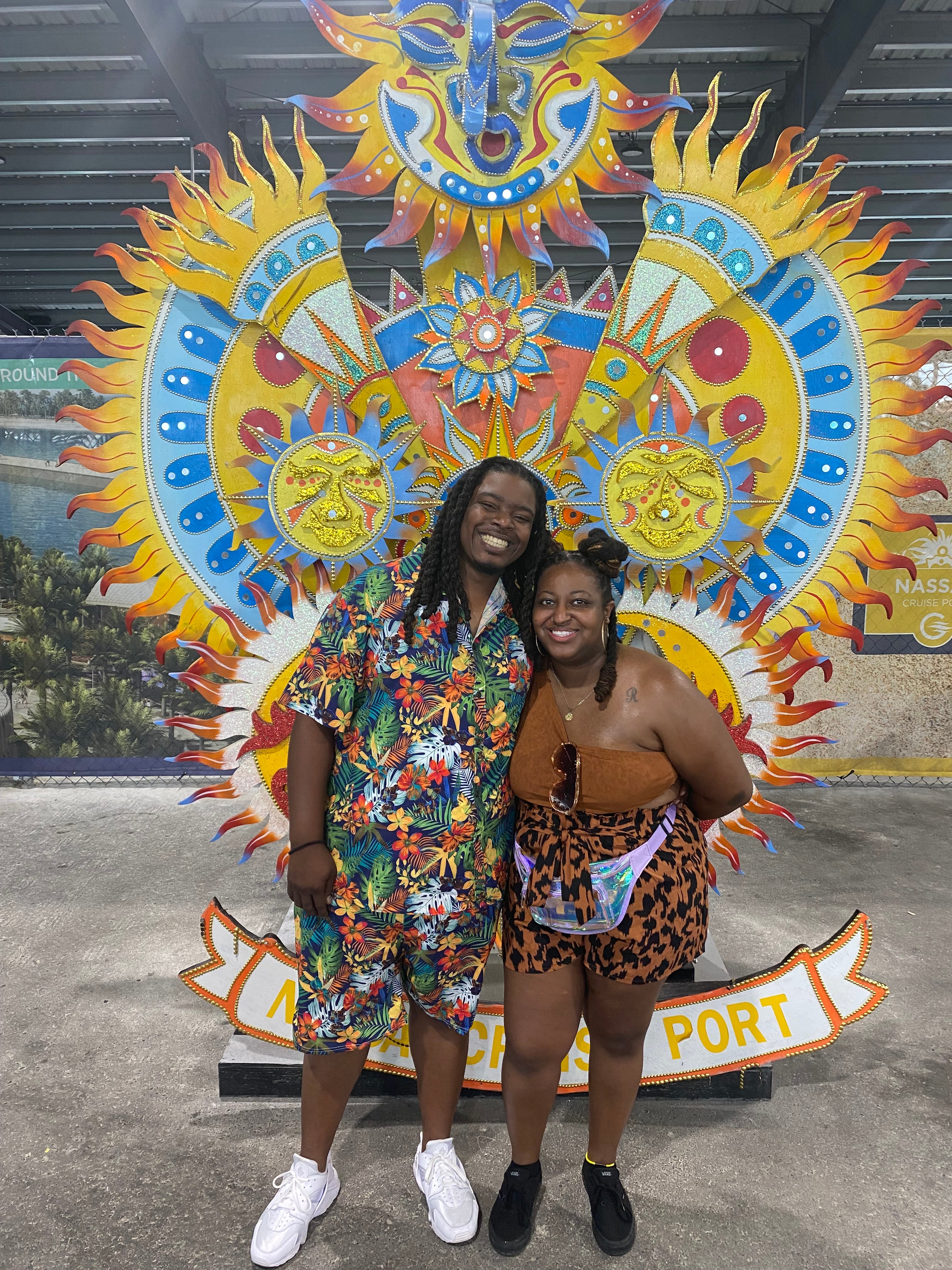
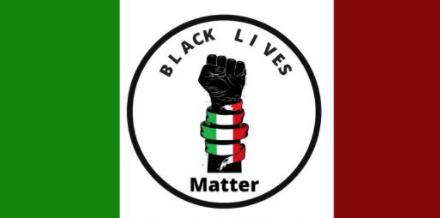
Leave a comment